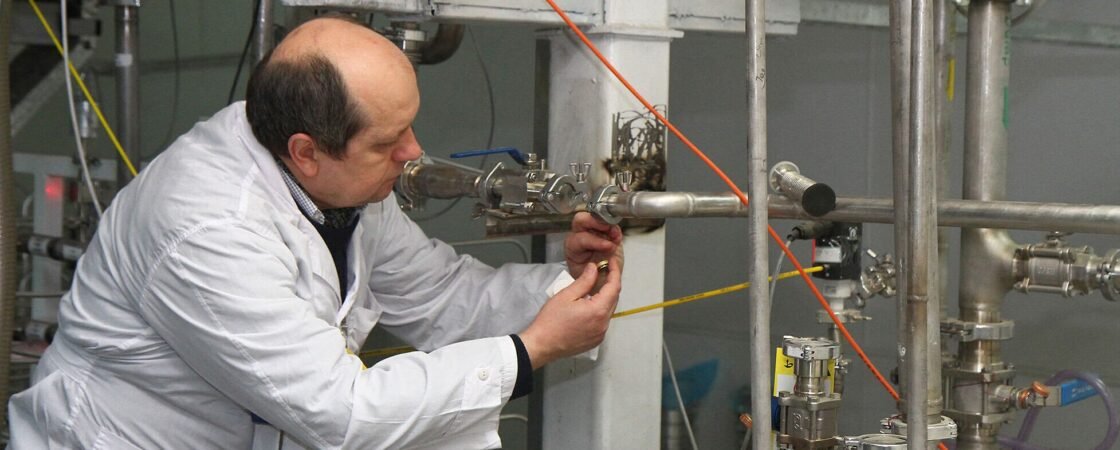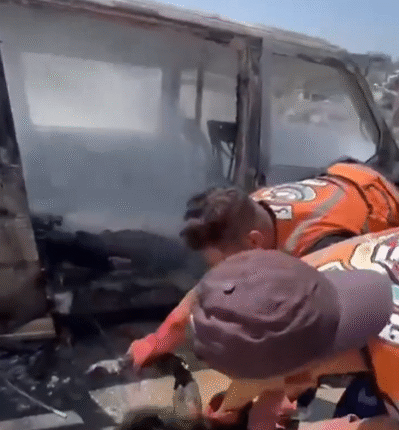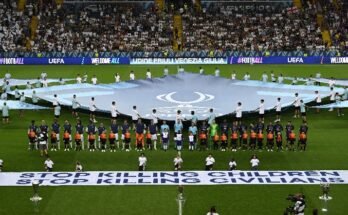In a move that has caused alarm in diplomatic and security circles, Iran has formally suspended its collaboration with the International Atomic Energy Agency (IAEA), the United Nations’ nuclear monitor. Consequently, all UN nuclear inspectors have been removed from Iran, leaving the international world with zero insight into Tehran’s nuclear program for the first time in over two decades.
This is a dramatic turning point in the already tense Iran West relationship and serious questions regarding nuclear proliferation, regional security, and the future of international arms control efforts.
As Iranian officials maintained, the move came after what they described as “unjustified pressure” and “persistent hostility” from Western powers, spearheaded by the United States and its allies in the European Union. Iran insists that the inspections have been politicized and no longer in good faith. The Iranian government accused that the IAEA was serving Western interests by constantly demanding access to sensitive sites without considering Iran’s record of cooperation during earlier stages of the nuclear deal.
The Tehran action is being regarded by the majority of analysts as a carefully thought out strategic action, one that will increase its negotiating bargaining power in ongoing geopolitics politics on sanctions and the prospects of its nuclear program.
The IAEA, led by Director General Rafael Grossi, has historically been a global, neutral organization that holds nuclear powers in line with non-proliferation terms. Iran’s action deprives the IAEA of its ability to:
Monitor uranium enrichment.
Effectively ensure the quantity of nuclear material accumulating.
Verify the operation of centrifuges and other nuclear machines.
Reserve nuclear production exclusively for civilian energy purposes.
Grossi called the move a “serious blow” to openness and warned that the world is now “flying in the dark” on Iran’s nuclear activities.
With inspectors out, Iran could in theory build its nuclear program without anyone knowing. Even if Tehran says its effort is for peaceful purposes, the lack of monitoring means:
Uranium can be enriched beyond the 3.67% threshold established by the 2015 Joint Comprehensive Plan of Action (JCPOA).
Iran could accumulate as much enriched uranium as needed to make nuclear weapons in a matter of months.
“Breakout time” how long it would take to make a nuclear bomb could radically decrease without monitoring provisions.
This action has heightened the threat of a new Middle East arms race, and regional adversaries such as Saudi Arabia and Israel are watching closely for Tehran’s next step.
The global response has been swift and alarmed.
The United States condemned the move as “provocative and deeply concerning,” stating that further diplomatic isolation and sanctions were possible to come.
EU leaders deplored and called Iran back to the negotiating table, declaring that only diplomacy can work.
Israel was sharper in its language, with spokesmen stating that they “will not allow Iran to get nuclear weapons under any circumstances,” with hints of resorting to military strikes.
Russia and China, which have better relations with Iran, have, however, called for restraint and requested ongoing dialogue.
The JCPOA, signed in 2015 between Iran and the six great powers (U.S., UK, France, Germany, Russia, and China), was meant to limit Iran’s nuclear program in exchange for the easing of sanctions. The deal collapsed in 2018 when the United States withdrew under President Donald Trump, reinstating sanctions on Iran.
Since then, the accord has not been revived successfully as both countries accuse the other of causing the deadlock. Iran’s recent action of releasing inspectors may just finalize the JCPOA’s fate, and future arms control agreements may become more difficult.
The cessation of inspections doesn’t necessarily mean Iran is building a nuclear weapon but it removes the world’s assurance that it isn’t. That ambiguity might precipitate preemptive or defensive actions by countries, especially in an already volatile region.
Diplomatic pressure is set to increase over the coming weeks but with no change in either side’s policy, a new era of distrust and insecurity seems to be unfolding. For some, it threatens to clear the way for covert action, sabotage, or even military confrontation.
The UN nuclear inspectors pullout from Iran isn’t a red tape issue it’s a global trust deficit. Without international monitors, the future of Iranian nuclear aspirations is a crapshoot. In an age already brittle with geopolitics, that’s a gamble worth avoiding.
Now more than ever, the world has to seek immediate, open, and peaceful solutions. The other path may lead us down a path to irreversible outcomes.
Iran Ends Cooperation with UN Nuclear Inspectors



